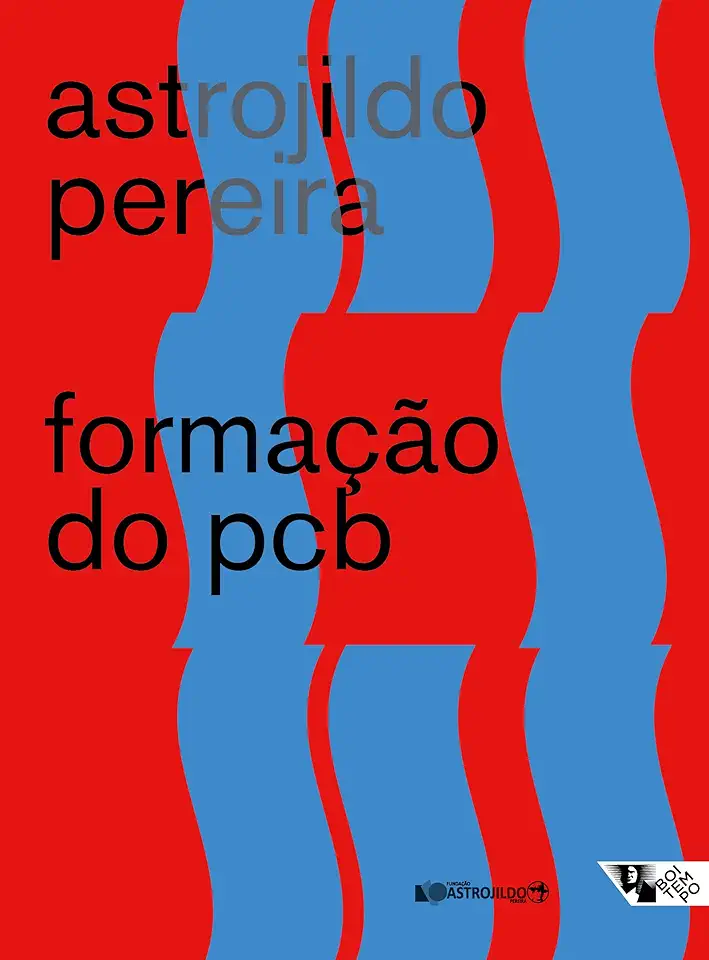
PCB: The Formation of the Brazilian Communist Party
PCB: The Formation of the Brazilian Communist Party
A History of Struggle and Triumph
The Brazilian Communist Party (PCB) is one of the oldest and most influential political parties in Brazil. Founded in 1922, the PCB has played a vital role in shaping the country's political landscape. This book tells the story of the PCB's formation, from its early days as a small group of intellectuals to its emergence as a major political force.
The Early Years
The PCB was founded in a time of great social and political upheaval in Brazil. The country was in the midst of a period of rapid industrialization, and the working class was growing in size and power. At the same time, the country was also experiencing a wave of political repression, as the government cracked down on dissent.
In this context, the PCB emerged as a voice for the working class and the oppressed. The party's founders were inspired by the Russian Revolution, and they believed that communism was the only way to achieve social justice in Brazil.
The PCB and the Labor Movement
From the beginning, the PCB was closely linked to the labor movement. The party's leaders were active in organizing workers and fighting for their rights. In the 1930s, the PCB played a leading role in a wave of strikes and protests that swept across Brazil.
The PCB's work with the labor movement helped to build the party's support base and make it a major political force. By the late 1930s, the PCB was the largest communist party in Latin America.
The PCB and the Second World War
The Second World War had a profound impact on the PCB. The party supported the Allied cause against fascism, and many of its members fought in the war. The PCB's participation in the war helped to legitimize the party in the eyes of many Brazilians.
After the war, the PCB emerged as a major force in Brazilian politics. The party won seats in Congress and played a leading role in the country's social and political development.
The PCB and the Cold War
The Cold War had a devastating impact on the PCB. The party was banned by the government in 1947, and many of its members were arrested and tortured. The PCB went underground, and it was forced to operate in secret.
Despite the repression, the PCB continued to fight for its ideals. The party's members worked to build a more just and equitable society in Brazil.
The PCB Today
The PCB is still active in Brazilian politics today. The party is a member of the left-wing coalition that currently governs the country. The PCB continues to fight for the rights of the working class and the oppressed, and it remains committed to building a socialist society in Brazil.
Why You Should Read This Book
This book is a must-read for anyone interested in the history of Brazil and the communist movement. It is a fascinating account of a party that has played a vital role in shaping the country's political landscape.
The book is well-written and engaging, and it is full of interesting details and insights. It is a valuable resource for anyone who wants to understand the history of the PCB and its impact on Brazil.
Conclusion
The PCB is a party with a rich history and a proud tradition of struggle. The party has played a vital role in shaping Brazil's political landscape, and it continues to fight for a more just and equitable society. This book is a must-read for anyone interested in the history of Brazil and the communist movement.